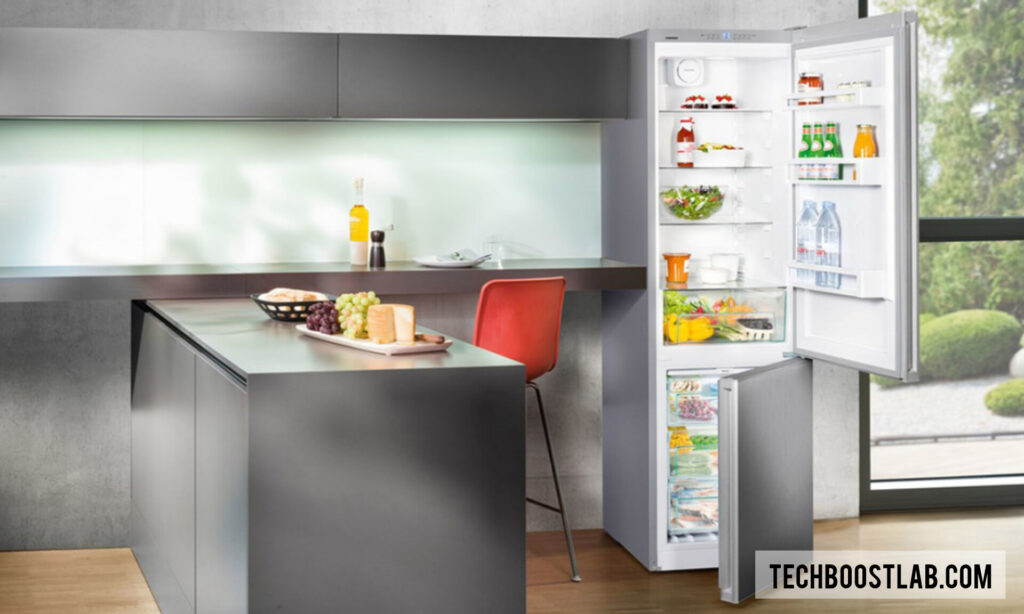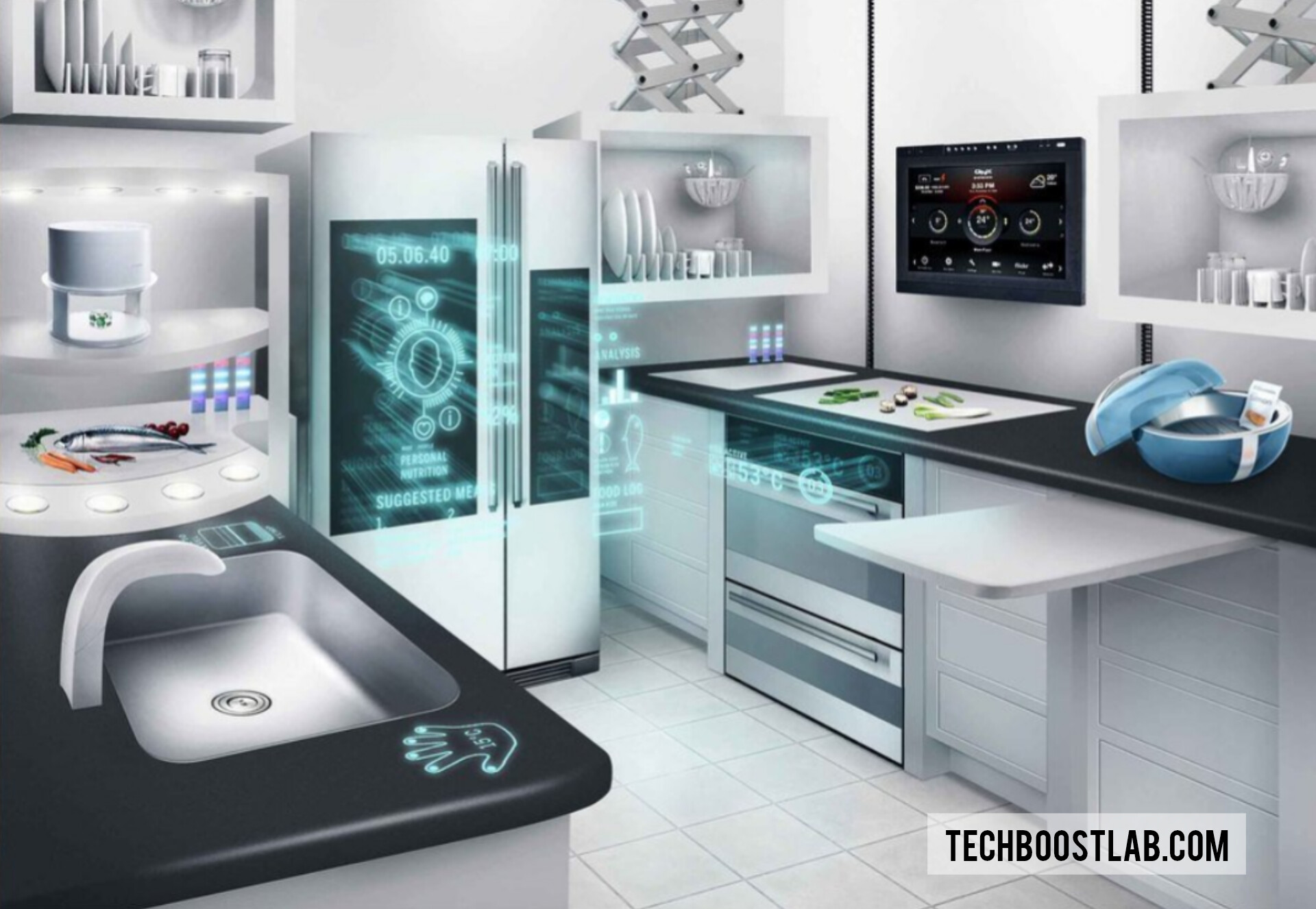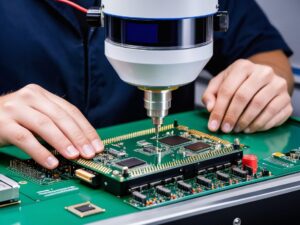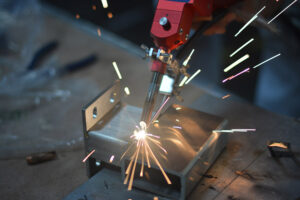Appliance Connection: Safe and Efficient Installation Guide
Introduction to Appliance Connection
Appliance connection refers to the process of safely and correctly installing household appliances by connecting them to the appropriate power, gas, water, or ventilation systems. Whether you’re setting up a washing machine, hooking up a gas stove, or installing a refrigerator with a water dispenser, it’s crucial to ensure everything is connected properly. While some installations seem straightforward, many involve more complex procedures, especially when dealing with gas lines or plumbing.
Proper appliance connection ensures your appliances function efficiently and safely. If done incorrectly, you risk causing electrical fires, gas leaks, or water damage. Proper connections extend the life of your appliances and prevent potential problems that could lead to costly repairs or unsafe situations. In this article, we’ll discuss the different types of appliance connections, why proper installation is vital, and the importance of professional help for certain tasks. Understanding these factors will help you make informed decisions when setting up appliances in your home.
Types of Appliance Connections
When installing appliances, it’s important to know what types of connections are required. Different appliances may need to be connected to electrical, gas, water, or ventilation systems. Here’s a breakdown of each:
Electrical Connections: Most household appliances like refrigerators, washers, and dryers require electrical connections. Larger appliances like ovens or electric dryers may need specific voltage requirements. Ensuring the correct wiring is crucial to avoid short circuits or electrical fires.
Gas Connections: Gas appliances like stoves, water heaters, and gas dryers require proper connection to the gas line. Handling gas lines is risky and should be done with caution. A minor gas leak can lead to dangerous situations, so professional help is recommended for this type of installation.
Water Connections: Appliances such as washing machines, dishwashers, and refrigerators with ice makers require secure water line connections. Proper sealing is critical to prevent leaks, which could cause water damage over time.
Ventilation Connections: Appliances like dryers and range hoods need proper ventilation to remove heat, moisture, or gases. Improper ventilation can reduce performance and even pose health risks, particularly if carbon monoxide buildup occurs in gas-powered appliances.
Why Professional Appliance Connection is Important
Hiring a professional to install your appliances offers multiple benefits, particularly in terms of safety, efficiency, and longevity. Here’s why it’s important:
Safety First: Electrical appliances require correct wiring to prevent short circuits, fires, or damage to your home’s electrical system. Gas appliances need secure connections to avoid gas leaks, which can lead to fires or health hazards like carbon monoxide poisoning. Professionals ensure everything is connected safely and according to code.
Improved Efficiency: Proper installation maximizes an appliance’s efficiency. A professionally installed appliance uses less energy and operates smoothly, which helps lower utility bills and extends the appliance’s lifespan. For example, a refrigerator with a poorly installed water line may lead to leaks and reduced cooling performance, costing you more in the long run.
Warranty Protection: Many manufacturers require professional installation to maintain the warranty on their appliances. If you attempt to install the appliance yourself and something goes wrong, you may void the warranty, leaving you responsible for any repairs or replacements.
Code Compliance: Professional installers are familiar with local building codes and safety regulations. If an appliance is not installed according to these codes, it could pose a risk to your home and your family. Professionals make sure your appliances meet all safety standards and legal requirements.
Common Mistakes in Appliance Connections

When homeowners attempt to install appliances on their own, several common mistakes can occur. Being aware of these pitfalls can help you avoid serious problems:
Incorrect Electrical Wiring: A common mistake is misconnecting the wires when installing electrical appliances. Even a small wiring error can cause a short circuit or a fire hazard. Always ensure that the wiring matches the appliance’s requirements and that you follow manufacturer instructions closely.
Improper Gas Line Installation: Mistakes in gas line installation can be incredibly dangerous. Even a minor leak can lead to hazardous situations. If you’re unsure how to handle gas lines, it’s best to leave the installation to a professional to avoid potential risks.
Leaky Water Connections: A poorly connected water line can cause slow leaks, leading to water damage over time. Many people overlook these leaks, but they can lead to mold growth and structural damage if not addressed quickly.
Skipping Manufacturer Instructions: Each appliance comes with specific installation instructions. Ignoring or skipping these can result in improper installation, causing performance issues or damage to the appliance. Always follow the manufacturer’s guidelines to ensure everything is installed correctly.
DIY vs. Professional Appliance Connection
Many homeowners wonder whether to install their appliances themselves or hire a professional. While there are benefits to both, it’s important to weigh the pros and cons:
DIY Installation: Installing appliances yourself can save money, especially for smaller or simpler appliances like microwaves or refrigerators. If you have experience with electrical work or plumbing, you may be able to handle basic installations on your own. However, keep in mind that DIY installations come with risks, particularly for more complex appliances.
Risks of DIY: Incorrectly installed gas lines can lead to leaks and fire hazards, while poor electrical connections can damage your appliances or cause electrical fires. When installing appliances that require complex connections or those involving gas or high voltage, it’s often better to leave the work to a professional.
Professional Installation: Hiring a professional guarantees that the job is done safely and correctly. Professional installers have the right tools and knowledge to ensure proper connections, code compliance, and optimal performance. Additionally, their work is often guaranteed, so if something goes wrong, you have support for any necessary repairs.
Steps for a Proper Appliance Connection
Following the right steps for appliance connection is critical to ensuring safety and proper functionality. Here’s a general guide:
- Gather the Necessary Tools: Depending on the type of appliance, you may need tools like screwdrivers, pliers, pipe wrenches, and voltage meters. Having the right tools ready will make the installation process smoother and more efficient.
- Read Manufacturer Instructions: Before beginning the installation, carefully read through the manufacturer’s instructions. This will ensure you follow the specific guidelines for your appliance’s connections, whether it’s electrical, gas, or water.
- Make the Connections: Whether connecting an electrical wire, a water line, or a gas pipe, ensure that all connections are secure and free of leaks. Double-check each connection to prevent issues down the road.
- Test the Appliance: After making the necessary connections, test the appliance to make sure everything is functioning properly. Turn on the power, check for leaks, and listen for unusual noises. This will help you catch any problems before they become more serious.
Appliance Connection Services
If you’re not confident in installing appliances yourself, many companies offer professional appliance connection services. These services typically include everything from basic installation to more complex tasks like gas line connections and ventilation setups.
What Appliance Connection Services Include: Professional services cover the entire installation process, including connecting to power sources, water lines, or gas systems, and ensuring the appliance is working properly before they leave. They also ensure that everything is up to code and safe.
Cost Considerations: The cost of professional installation varies depending on the complexity of the job and the type of appliance. For example, gas line installations typically cost more than simple electrical hookups. While this can be an added expense, the long-term benefits of a proper installation far outweigh the risks of doing it incorrectly.
( FAQs )
- What is appliance connection?
Appliance connection is the process of safely installing household appliances to electrical, gas, water, or ventilation systems. - Why is professional appliance connection important?
Professional installation ensures safety, efficiency, and compliance with codes, reducing the risks of electrical fires, gas leaks, or water damage. - Can I install appliances myself?
Yes, some simpler appliances can be installed DIY, but complex connections involving gas or electrical systems are best handled by professionals. - What happens if an appliance is improperly installed?
Improper installation can lead to inefficient performance, void warranties, and cause hazards like electrical shorts, gas leaks, or water damage.
Conclusion
In conclusion, appliance connection is an essential part of making sure your home runs smoothly and safely. Whether you’re installing an electrical, gas, or water-connected appliance, it’s important to follow proper procedures to avoid costly mistakes and hazards. While DIY can be tempting for some installations, more complex jobs are best left to professionals to ensure everything is done safely and efficiently. By understanding the process and knowing when to seek professional help, you can ensure your appliances are connected correctly for long-term performance and safety.














Post Comment